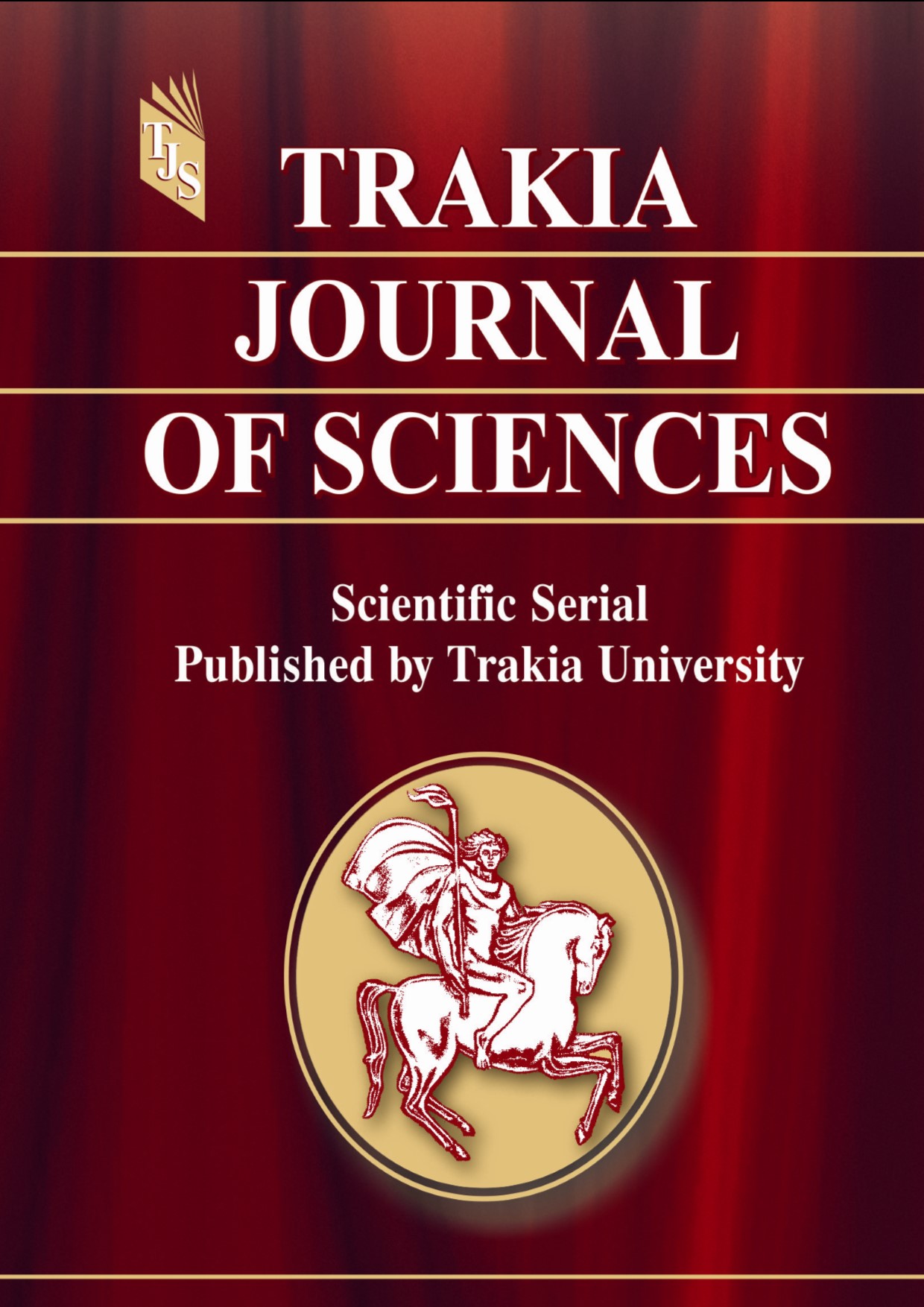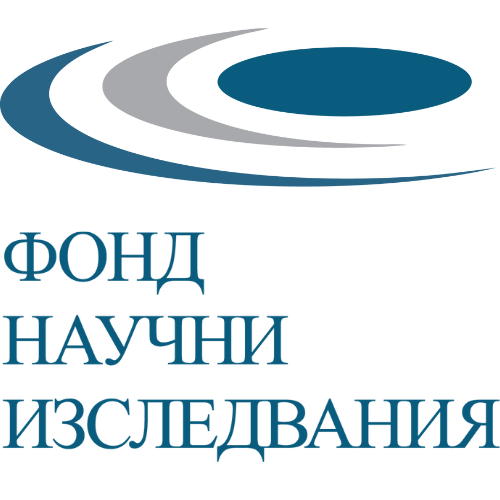A COMPREHENSIVE CASE STUDY AND LITERATURE ANALYSIS ON THE EFFICACY OF ANTI-VEGF MEDICATION IN TREATING BRANCH RETINAL VEIN OCCLUSION
DOI:
https://doi.org/10.15547/tjs.2024.01.013Keywords:
retinal vein occlusion, branch occlusion, vision loss, treatment, anti-VEGF, corticosteroidsAbstract
Purpose: The goal of this case study and literature review is to assess whether anti-vascular endothelial growth factor (anti-VEGF) medication is effective in coping with branch retinal vein occlusion (BRVO). We present an in-depth examination of the patient’s medical records, diagnostic accomplishments and therapy results utilizing data from a 61-year-old male patient.
Methods: A case report with a brief literature review, which gives readers a better understanding of the current state of BRVO therapeutic choices, using data gathered from the Google Scholar and PubMed databases.
Results: A 61-year-old male with blurred vision in the upper half of the visual field in his left eye, BCVA OD: 20/20; OS: 20/70, presented to an outpatient clinic in Stara Zagora, Bulgaria. The symptoms started three weeks ago. The patient reported a history of hypertension and hyperlipidemia. He denied any ocular diseases in his family. After an ophthalmology exam, he was recommended anti-VEGF therapy and antihypertensive and lipid lowering medications intake.
Conclusion: Coping with BRVO as ophthalmologists is very important for us, because RVO is one of the most common eye diseases. Intravitreal therapy has revolutionized the treatment of retinal vascular diseases, including BRVO. Although these intravitreal agents are effective, our understanding of their specific indications and long -term roles is still evolving. Furthermore, until the underlying occlusive pathophysiology of RVO, our treatments will be limited to temporizing therapies against a chronic disease.
References
Adelman, R. A., Parnes, A. J., Bopp, S., Saad Othman, I., & Ducournau, D. Strategy for the management of macular edema in retinal vein occlusion: the European VitreoRetinal Society macular edema study. BioMed Research International.2015: 870987, 2015.
Arrigo, A., Crepaldi, A., Viganò, C., Aragona, E., Lattanzio, R., Scalia, G.,& Battaglia Parodi, M. Real-life management of central and branch retinal vein occlusion: A seven-year follow-up study Thrombosis and Haemostasis, 121(10): 1361–1366, 2021.
Asami, S., Sugimoto, M., Tsukitome, H., Kato, K., Matsubara, H., & Kondo, M. Anti-Vascular Endothelial Growth Factor Treatment for Macular Edema in Eyes with Branch Retinal Vein Occlusion with vs. Without Glaucoma—Does Glaucoma Affect Visual Outcome in Eyes with BRVO-ME After AntiVEGF Injections?. Clinical Ophthalmology, 16: 2275-2283, 2022.
A Retinal Vein Occlusion. A guide to interpreting optical coherence tomography scans. https://www.octscans.com/retinal-vein-occlusion.html
Basilious, A., Duncan, J., Smuck, B., Malvankar-Mehta, M. S., Juncal, V. R., Hooper, P., & Sheidow, T. G. Treatment discontinuation patterns of anti-VEGF in retinal vein occlusion. Canadian Journal of Ophthalmology. 2:S0008-4182(23)00251-X, 2023.
Callizo, J., Atili, A., Striebe, N. A., Bemme, S., Feltgen, N., Hoerauf, H., & Bertelmann, T. Bevacizumab versus bevacizumab and macular grid photocoagulation for macular edema in eyes with non-ischemic branch retinal vein occlusion: results from a prospective randomized study. Graefe's'srchive for Clinical and Experimental Ophthalmology. 257, 913–920, 2019
Ciulla, T. A., Hussain, R. M., Taraborelli, D., Pollack, J. S., & Williams, D. F. Longer-term anti-VEGF therapy outcomes in neovascular age-related macular degeneration, diabetic macular edema, and vein occlusion-related macular edema: clinical outcomes in 130 247 eyes. Ophthalmology Retina, 6(9), 796–806, 2022.
De Salles, M. C., & Epstein, D. Real-life study of the use of anti-VEGF therapy versus dexamethasone implants for treatment of macular edema in retinal vein occlusion Graefe's'srchive for Clinical and Experimental Ophthalmology, 259, 2653-2660, 2021.
Lashay, A., Riazi-Esfahani, H., Mirghorbani, M., & Yaseri, M. Intravitreal medications for retinal vein occlusion: systematic review and meta-analysis. Journal of Ophthalmic and Vision Research, 14(3), 336, 2019.
Mayer, W. J., Hadjigoli, A., Wolf, A., Herold, T., & Haritoglou, C. Comparison of intravitreal dexamethasone implants versus intravitreal ranibizumab as a first-line treatment of macular oedema due to retinal vein occlusion. Klinische Monatsblatter fur Augenheilkunde, 232(11), 1289–1296, 2015.
Mirzania, D., Thomas, A. S., Stinnett, S., & Fekrat, S. Differences in Presentation and Outcomes in males and females with branch retinal vein occlusion. Ophthalmic Surgery, Lasers, and Imaging Retina, 51(10), 564-572, 2020.
Modi, Y. S., Goduni, L., Moini, H., Gibson, A., Boucher, N., Lucas, G., & Dhoot, D. S. Anti-vascular endothelial growth factor dosing frequency and visual outcomes in macular oedema following branch retinal vein occlusion. Eye, 1-6, 2023.
Papadia, M., Misteli, M., Jeannin, B., & Herbort, C. P. The influence of anti-VEGF therapy on present-day management of macular edema due to BRVO and CRVO: a longitudinal analysis of visual function, injection time interval, and complications. International ophthalmology, 34(6), 1193–1201, 2014.
Song, W., Kanyo, E., Bastian, R., Singh, R. P., & Rachitskaya, A. V. Visual Acuity in Patients Requiring Intravitreal Injections: Short-Term and Long-Term Effects of Delay in Care. Journal of VitreoRetinal Diseases, 7(1), 20–26, 2023.
Yamamoto, M., Miura, Y., Hirayama, K., Kyo, A., Kohno, T., Theisen-Kunde, D.,... & Honda, S. Comparative Treatment Study on Macular Edema Secondary to Branch Retinal Vein Occlusion by Intravitreal Ranibizumab with and without Selective Retina Therapy, Life, 13(3), 769, 2023.
Yap, T. E., Husein, S., Miralles de Imperial-Ollero, J. A., Colizzi, B., Cordeiro, M. F., & Younis, S. The efficacy of dexamethasone implants following anti-VEGF failure for macular oedema in retinal vein occlusion. European Journal of Ophthalmology, 31(6), 3214–3222, 2021.
Zhou, J., Ma, H., Zhou, X., Wang, Q., Li, W., Luo, S., & Liu, D. Two-Week Central Macular Thickness Reduction Rate> 37% Predicts the Long-Term Efficacy of Anti-vascular Endothelial Growth Factor Treatment for Macular Edema Secondary to Retinal Vein Occlusion Frontiers in Medicine, 9, 851238, 2022.

Downloads
Published
Issue
Section
License
Copyright (c) 2024 Trakia University

This work is licensed under a Creative Commons Attribution-NonCommercial-NoDerivatives 4.0 International License.


